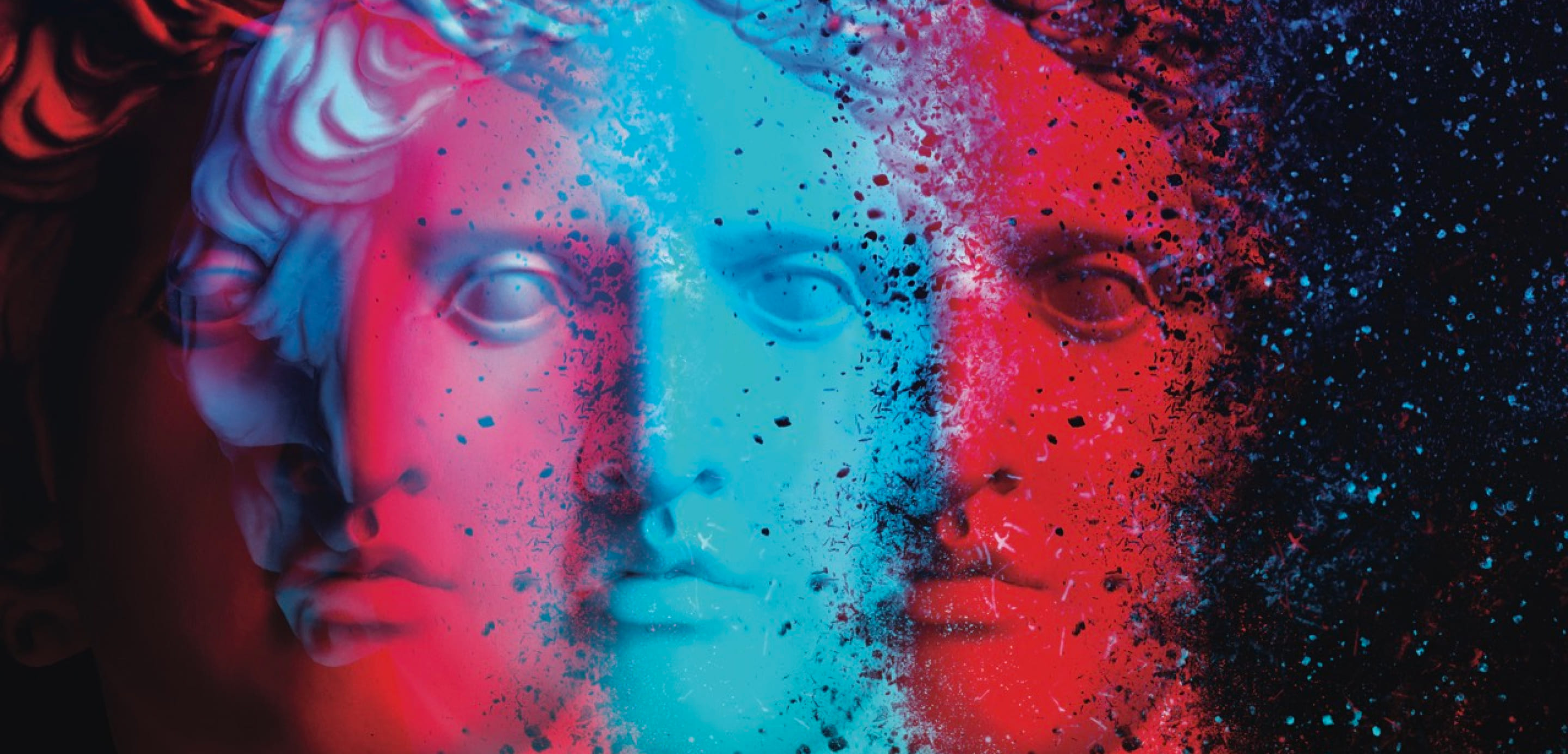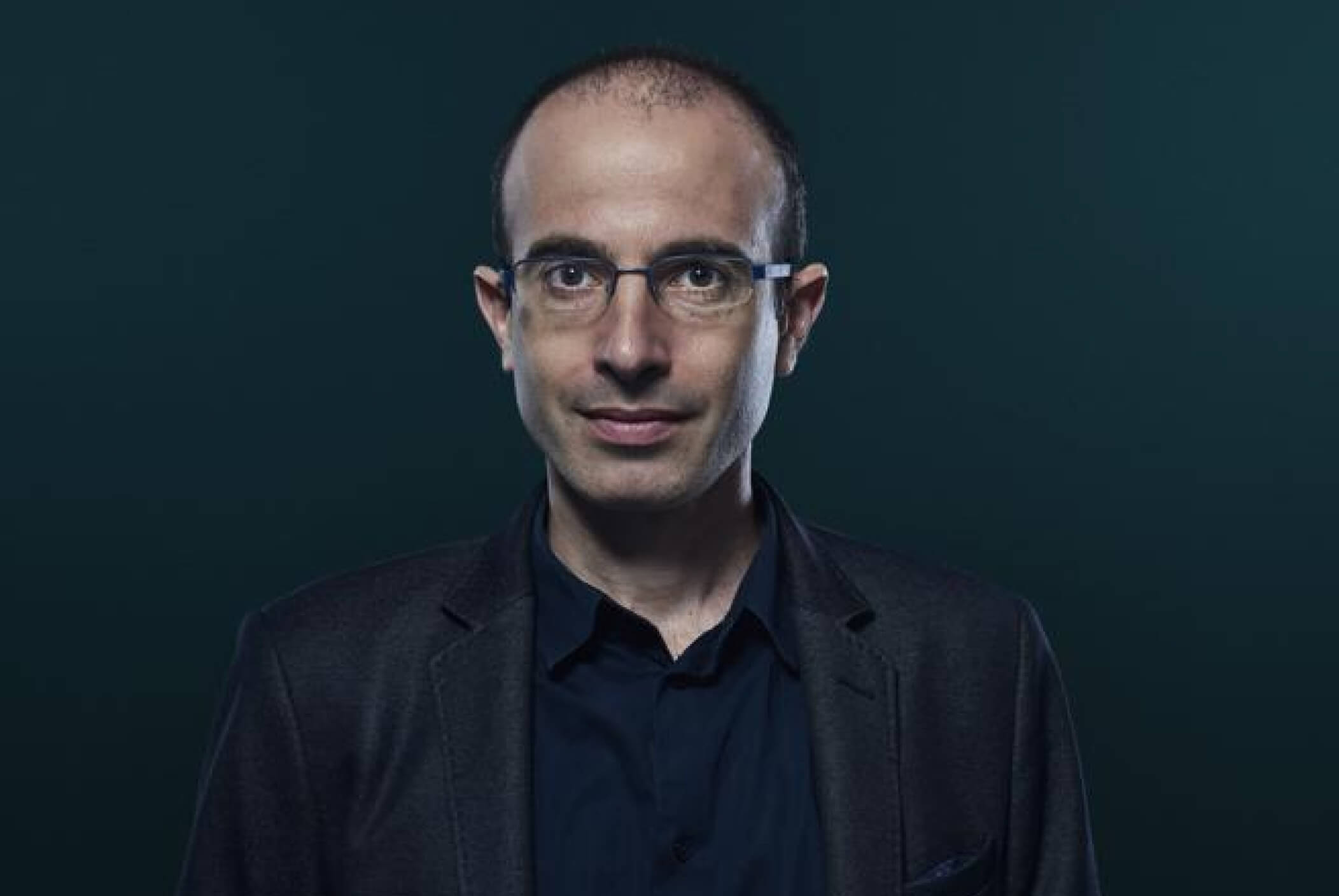
Without a smartphone at forty-five years old, Yuval Noah Harari is one of the greatest contemporary intellectuals, philosophers and communicators of our time. Two years into the pandemic, the Israeli historian has repeatedly pointed out the lack of a comprehensive global plan and the cross-sector leadership needed to address the economic and social hardships caused by the health emergency: “If we can’t find a common position on a momentous worldwide emergency like this one – he explained – what objectives will we ever be able to reach on equally colossal and paradoxically more complicated topics like the environment or artificial intelligence?”
In this issue of EVOLVE dedicated to the relationship between the vision of the future, the energy transition and technological innovation, we started from the philosophical thinking of the author of “Homo Deus: A Brief History of Tomorrow”. Fusing analyses of history, philosophy, science and technology, Harari tells us about some of the dreams and nightmares that will shape the 21st century. «Beware, because mankind is at risk of making itself superfluous – is his warning. The question is: will we be able to protect this fragile planet and humanity itself from our new divine powers?»
According to Professor Harari (who currently teaches World History and macro-historical processes at the Hebrew University of Jerusalem), now at the beginning of the 21st century the train of progress is once again ready – after decades of wars and lost opportunities – to resume its path. It is probably the last train that will ever leave the station called Homo Sapiens. In order to be hired for a job, one must comprehend the technology of the 21st century, particularly the power of biotechnology and computer algorithms. This power is far greater than the power deployed by steam and the telegraph, and it will not simply be used for the production of food, textiles, transportation and armaments. “The main products of the 21st century will be bodies, brains and minds, and the gap between those who know how to engineer bodies and brains and those who do not will be wider than the gap between Sapiens and Neanderthals”.
In a millennium that began under the banner of digital innovation, Harari himself wonders to what extent this pandemic might constitute a setback to the age-old ambition to transform “Homo sapiens” into “Homo Deus”. “So, what will happen when robotics, artificial intelligence and genetic engineering will be put at the service of the quest for immortality and eternal happiness?”. Harari leaves the reader with significant key questions in the final pages of his book: “Are organisms really just algorithms, and is life really just data processing, as the proponents of this new religion claim? What is more valuable – intelligence or consciousness?” And most importantly: “What will happen to society, politics, and daily life when non-conscious but highly intelligent algorithms know us better than we know ourselves?”

“FOR MILLIONS OF YEARS WE WERE EVOLVED CHIMPANZEES: IN THE FUTURE WE COULD BECOME GIANT-SIZED ANTS”. TO EXPLORE THE RELATIONSHIP BETWEEN VISION, TRANSITION (AS IN ENERGY) AND INNOVATION (AS IN TECHNOLOGICAL), WE STARTED BY TAKING A LOOK AT THE PHILOSOPHICAL THINKING OF THE AUTHOR OF “HOMO DEUS: A BRIEF HISTORY OF TOMORROW”.
Yuval Noah HarariHistorianAlong with the reflections of the Israeli historian, in the following pages you will find a scattering of snippets from the joint work of Kai-Fu Lee, former president of Google China and author of a number of bestsellers on artificial intelligence, and renowned novelist Chen Qiufan, a science fiction writer who is very popular among Chinese audiences. The two authors have published “Artificial Intelligence 2041: Ten Visions for Our Future”, a collection of ten compelling stories (set in San Francisco, Tokyo, Mumbai, Seoul, Monaco) that help the reader take a look into the future, imagining a world – the year 2041 – shaped by artificial intelligence.
To round out the thoughts of these internationally renowned intellectuals, we thought it would be interesting to add a few excerpts from the work of Italian sociologist Daniela Bandera, CEO of Nomesis and national past president of EWMD Italia (European Women’s Management Development). Bandera is the author of the essay “L’impresa coevolutiva, le quattro sfide del management” (The coevolutionary enterprise, the four management challenges), a theory that combines suggestions from the various schools of organizational sociology, as well as from other sciences and disciplines. Leveraging lateral thinking, the text offers reflections that outline the relationship between organizations and the external environment in an original way. The coevolutionary approach presents management with four major challenges: continuous change; a new relationship with the market; the creation of collective intelligence; leadership. “The acronym Smart – the author explains – encapsulates the key words of the coevolutionary organization: social-sensitive, meritocratic, enabling, reflective, and transformative”
Managers can no longer live off the work of the past